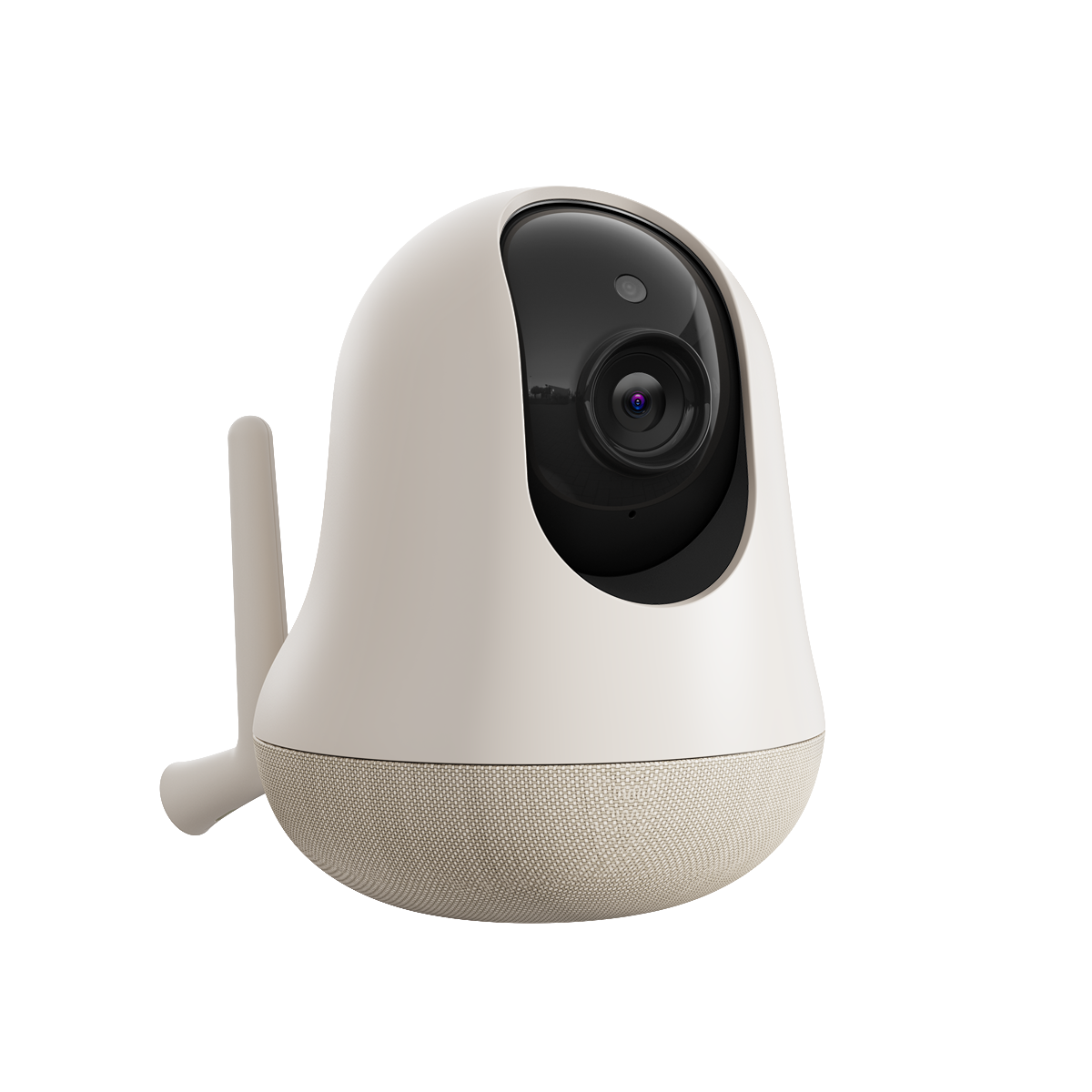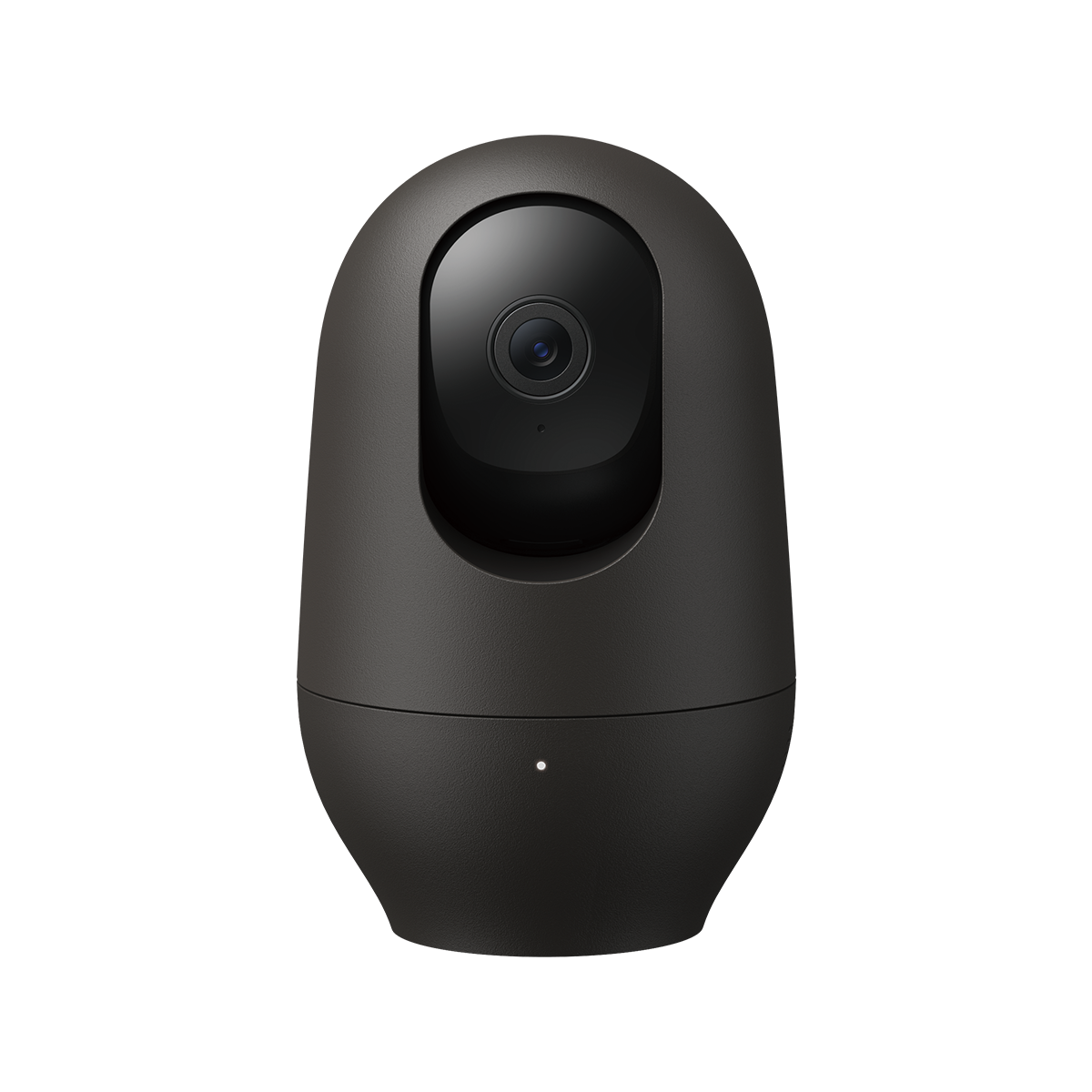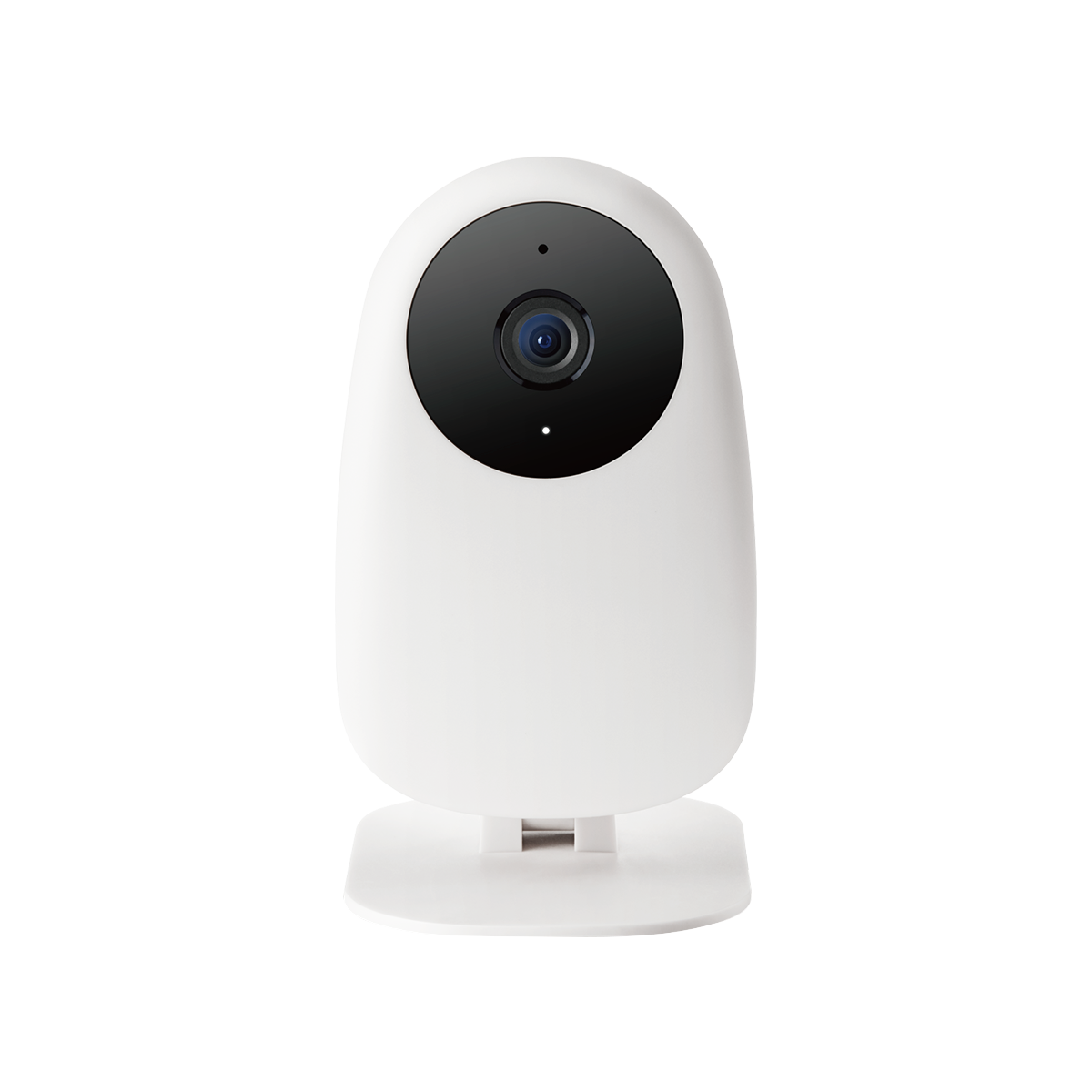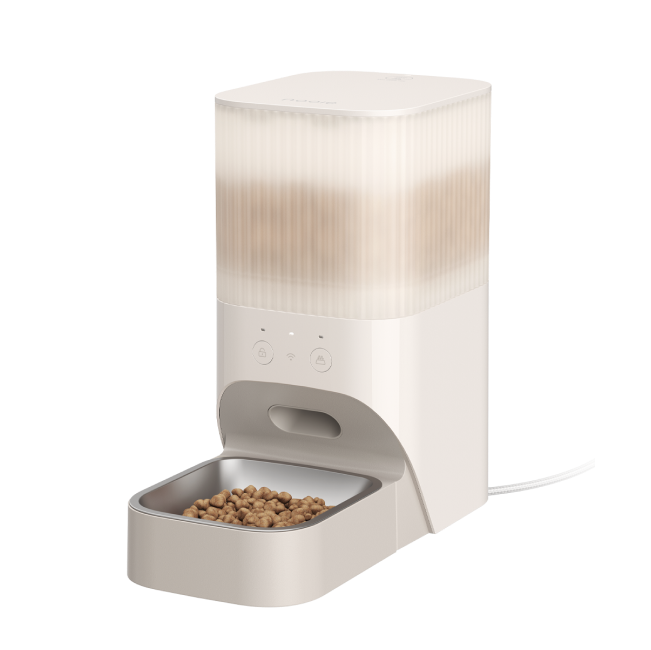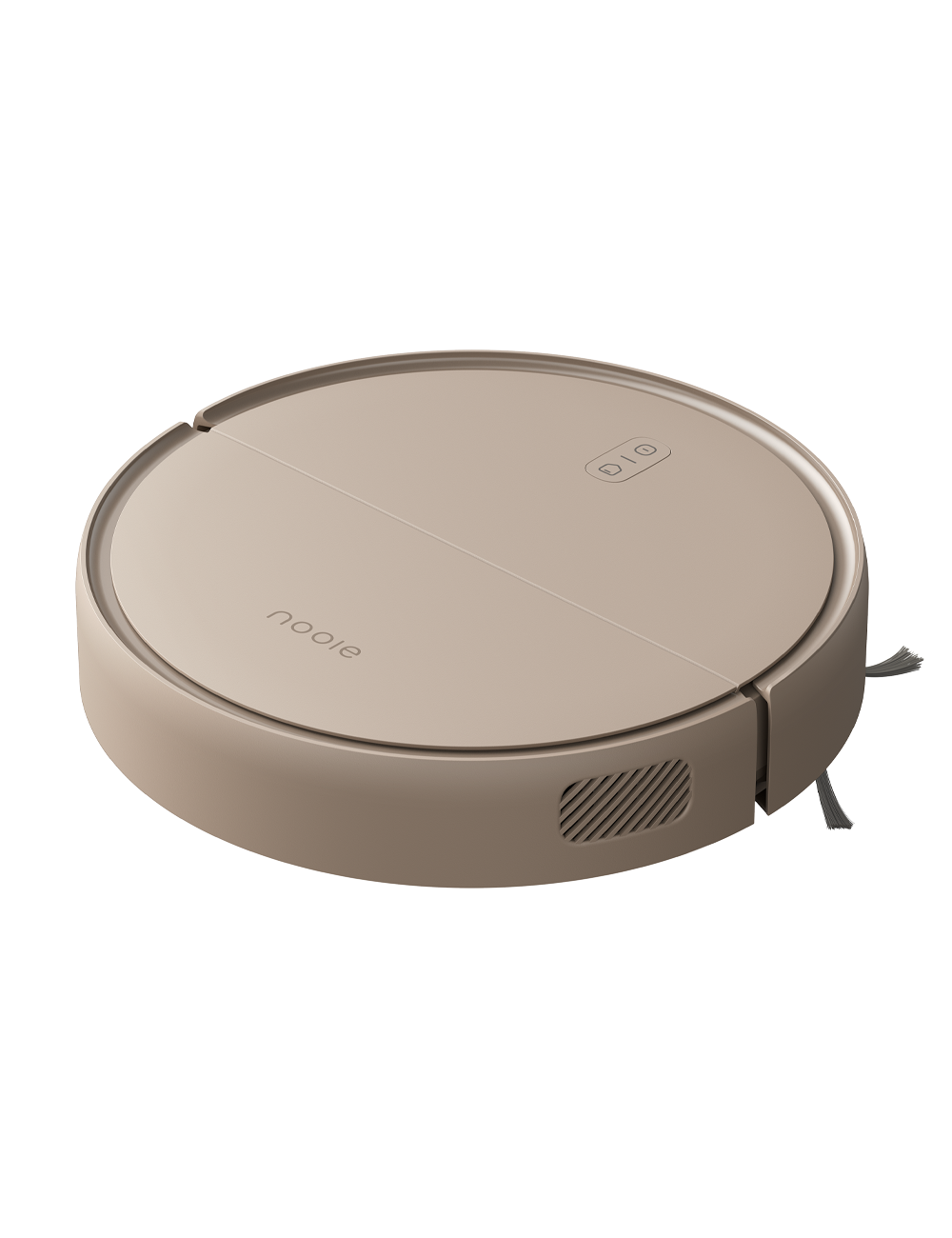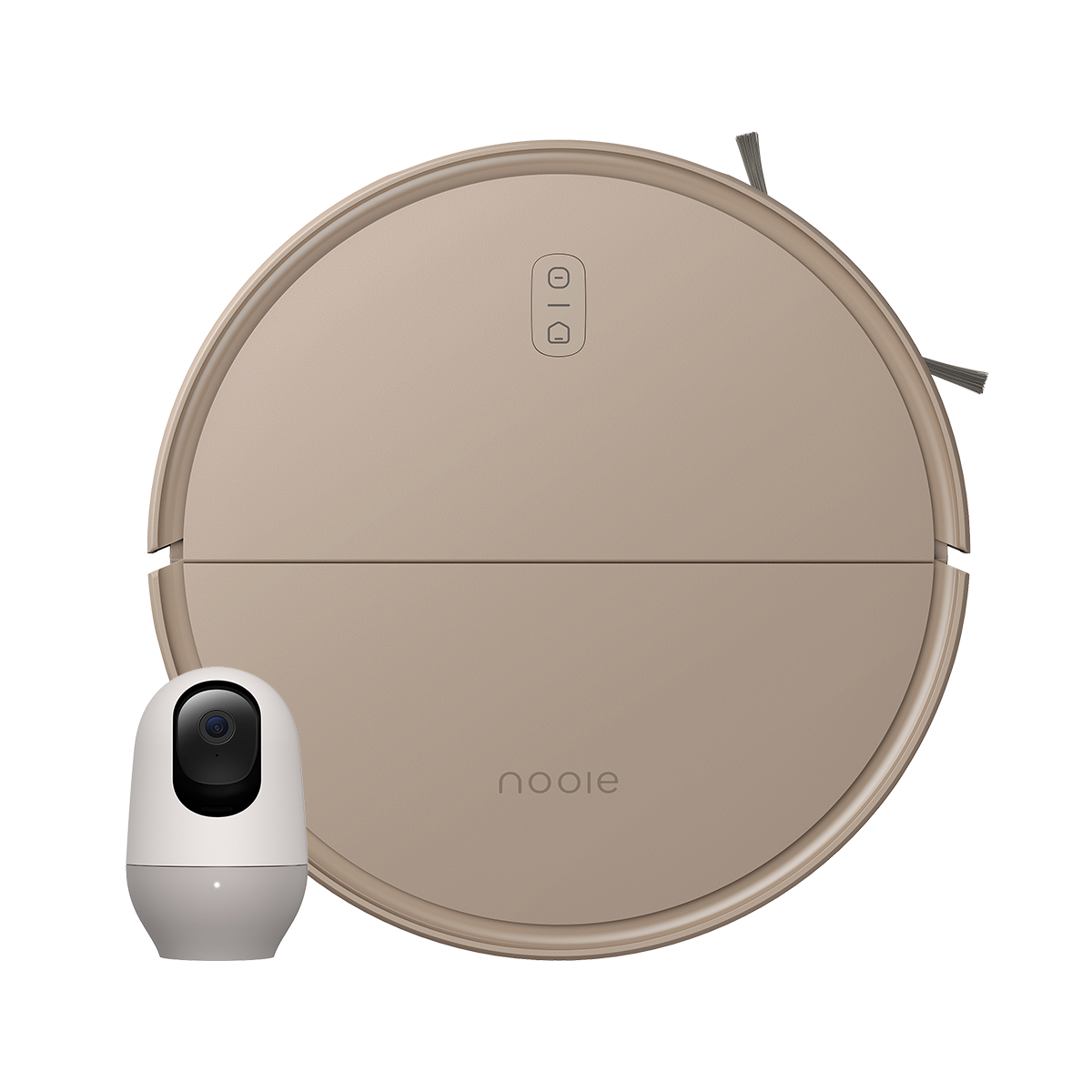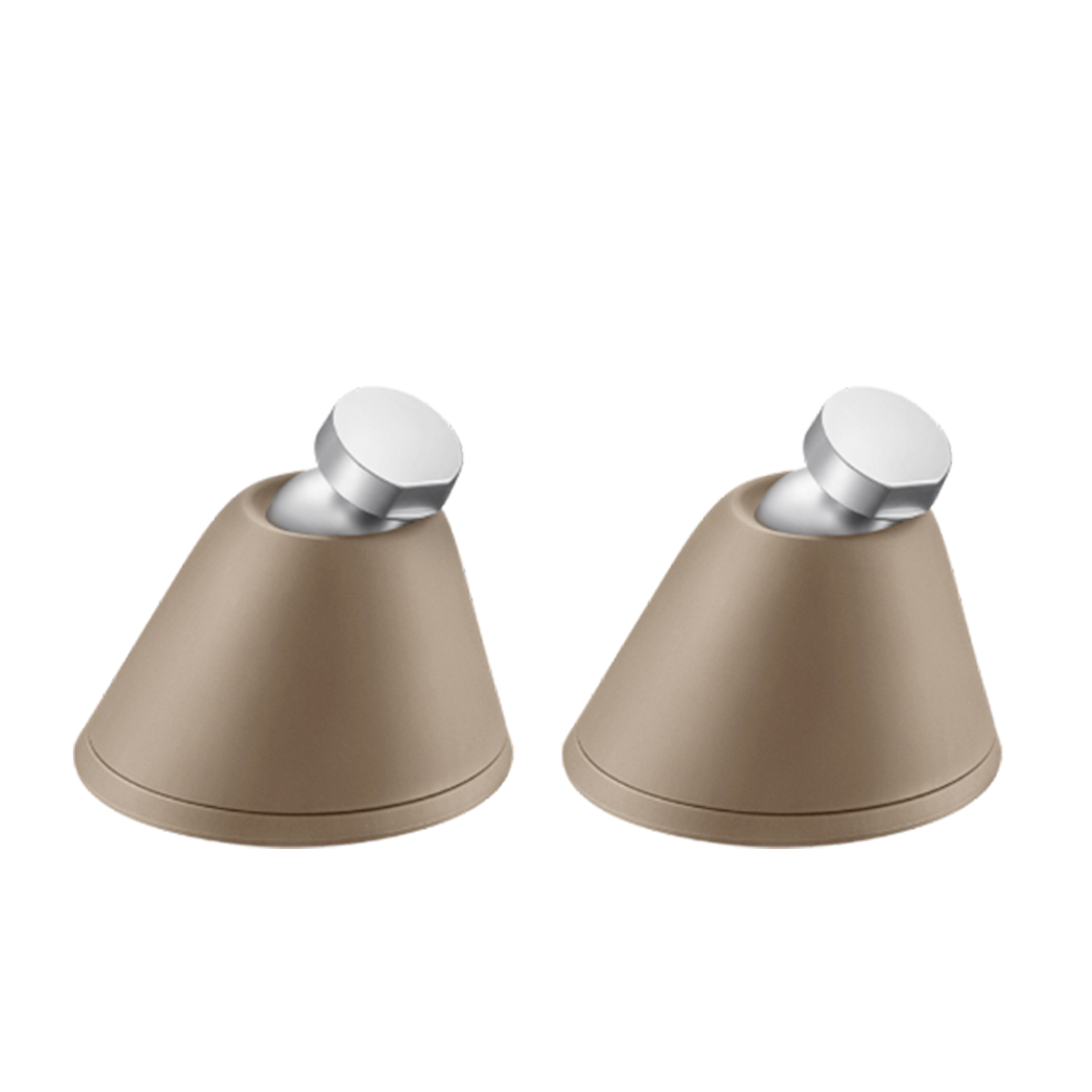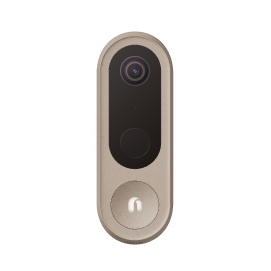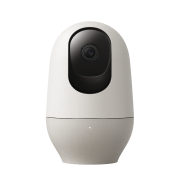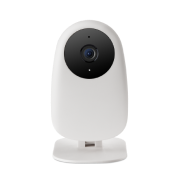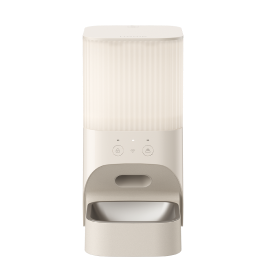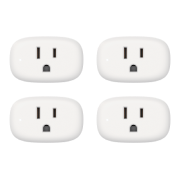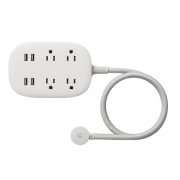Common mistakes made by pet parents and how you could avoid them
- by shopnooie
- 01 September, 2022
- 5 min read
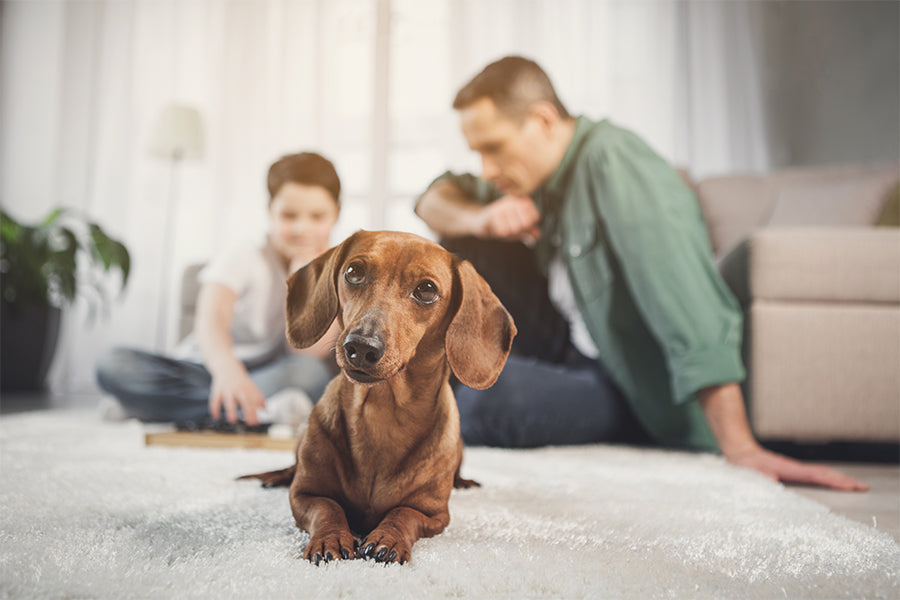
Common mistakes made by pet parents and how you could avoid them
If you're here, you must be wondering what mistakes you can avoid as a pet parent. It's only natural that we want to keep our furry family members happy, but there is some information that many pet experts and vets wish that more pet parents were aware of.
Being a pet parent is not just about giving all the cuddles and love we can provide. It comes with a lot of responsibilities, even if you are an experienced pet owner. We are all responsible for the well-being of our pets, but many of us are guilty of doing some of these common no-no mistakes.
We have listed some of the top common mistakes shared amongst both pet owners and vets.
Tip #1 - Don’t get or adopt a pet if you’re not ready
Seems like an obvious mistake, but you will be surprised to hear that this is the biggest one to commit as a pet owner.
Welcoming a pet home requires a lot of research, particularly with dogs. Getting a puppy on a whim is a pretty easy impulse to give in to. When you scroll the aisle of the pet store and you see this cute little bulldog staring at you. It’s so hard to resist.
There are many practical reasons and decisions you need to decide before adopting a pet, to list a few:
- What breed should I get?
- Will this pet fit my lifestyle?
- Do I have any pet allergies?
- Should I adopt or buy from a legitimate breeder?
- Do I have the extra time to commit to walks, training, and for playtime?
- Am I capable of putting up with the shedding, potential health, and behavioral problems?
- Most importantly, can I afford to take care of them?
Ask yourself these questions before you make your final decision. Rehoming your pet might seem like a simple solution for you, but it will impact the mental and emotional well-being of your pet more than you can imagine. You mean the world to them.
Tip #2 - Build a feeding schedule for your pets
The temptation to feed your pet is hard to resist. Oftentimes, we don’t give our pets enough credit, they know how to wag their tail into our hearts, but this can lead to behavioral reinforcement and lead to pets demanding more.
Banfield Pet Hospital which has more than 1,000 locations in the U.S., analyzed its patients' health records and found that there was an alarming rise of overweight pets, nearly 40% of cats and 35% of dogs in 2020 alone. So, it’s safe to say the pandemic and the lockdown certainly didn’t help.
It’s important to regulate and build a feeding routine for your pet. A pet feeder (like the Nooie Pet Feeder) can aid you with this, even if you’re still working from home. It’s crucial to help cultivate a healthy relationship with food for your pets so that they know when they get to eat and when they don’t. Observe and learn their eating habits and use the pet feeder as a tool to reinforce that habit for them. As an example, if your pet prefers to eat a smaller portion, schedule it to dispense food more frequently. If they beg or disrupt your routine for more food, correct that behavior and do not reward them for it. It will take some patience and time, but they will eventually understand.
Exercise is also crucial. Some breeds require more exercise than others. Dogs require more time outdoors, so schedule a 15-minute walk each day and visit the park once or twice a week for some fetch sessions. For cats, you can incorporate some swatting and chase with some cat toys. Battery-operated toys are great options to consider as well.
Tip #3 - Train your pets
Training isn't only for tricks. Behavior and potty training are essential for both your sanity and your pet's well-being. Pets need to be taught how to behave, whether when they are out on a walk with you or when they are at home. Many pet owners quickly blame their pets when they return home to find destroyed and scratched-up items and furniture.
A lot of time and effort is needed for pet training to be successful. If you're a new pet owner, you can speak to other pet owners, a vet, or a pet trainer to learn some tips on how to train your pets successfully. If they do not listen to your commands or ignore you, do not give up, try again later. Perhaps they haven't yet understood what the command means or try making the commands short and stick with them.
Rewarding them with a treat or a play session often reinforces their good behavior. However, please do not overindulge them in treats as it can also backfire, teaching them to only respond to food and not you.
Tip #4 - Don’t take safety for granted
Being a responsible pet parent means providing them with adequate shelter and food, but it also means ensuring their safety is always a priority, whether it's in your home or outside. Pet-proofing rooms that have fragile or dangerous items are essential and taking extra precautions to set up safeguards around any entrances to ensure that your pet does not escape.
Do not let your pets leave the house without a leash even if they are trained. It’s not because we don’t trust them or that we want to restrict their freedom, but you never know what might capture their attention and proceed to dash it, oblivious to any incoming traffic.
If you want to unleash your dogs or cats and allow them to explore and play, always make sure to choose a pet-friendly park that will allow you to do so and let them socialize freely with other pets.
Tip #5 - Schedule regular checkups
Don’t wait till your pet is sick before you decide to visit your pet. A lot of pet owners make the mistake of waiting until something is wrong before considering visiting their vets. Like us, our pets require regular checkups. Routine wellness exams can allow your vets to detect any potential health issues before they become something big.
Regular visits to the vets also allow your pets to build a relationship with them, gradually making it easier for your vet to diagnose and treat them. Some pets suffer from anxiety when they realize they are making a trip to see the doc. Reassure them that they are okay and that you will be there for them.
It will also be best to consult your vet on how often you should drop in for a visit, as this can vary from pet to pet.
Tip #6 - Dental health is important too
You brush your teeth every day, right? Your pet needs that too. Most pet owners will dismiss their pet's "bad breath" as a normal thing, but there might be an underlying health issue that can lead to various diseases and tooth decay.
Brushing your pet's teeth every day is not a necessity, but vets recommend brushing three times a week to maintain optimal dental health. You can also ask your vet if they can help to professionally clean your pet once a month.
While most mistakes are not done with any ill intent, we must acknowledge some of these common mistakes and try to stop them before they're too late to rectify. First-time pet parents need to join pet owner groups, as they can connect with other like-minded individuals and share their experiences with others.
If you’re interested to read more about pet separation anxiety and how you could help them you can visit here. Alternatively, you can read more about the benefits of owning a pet feeder, you can visit here.
